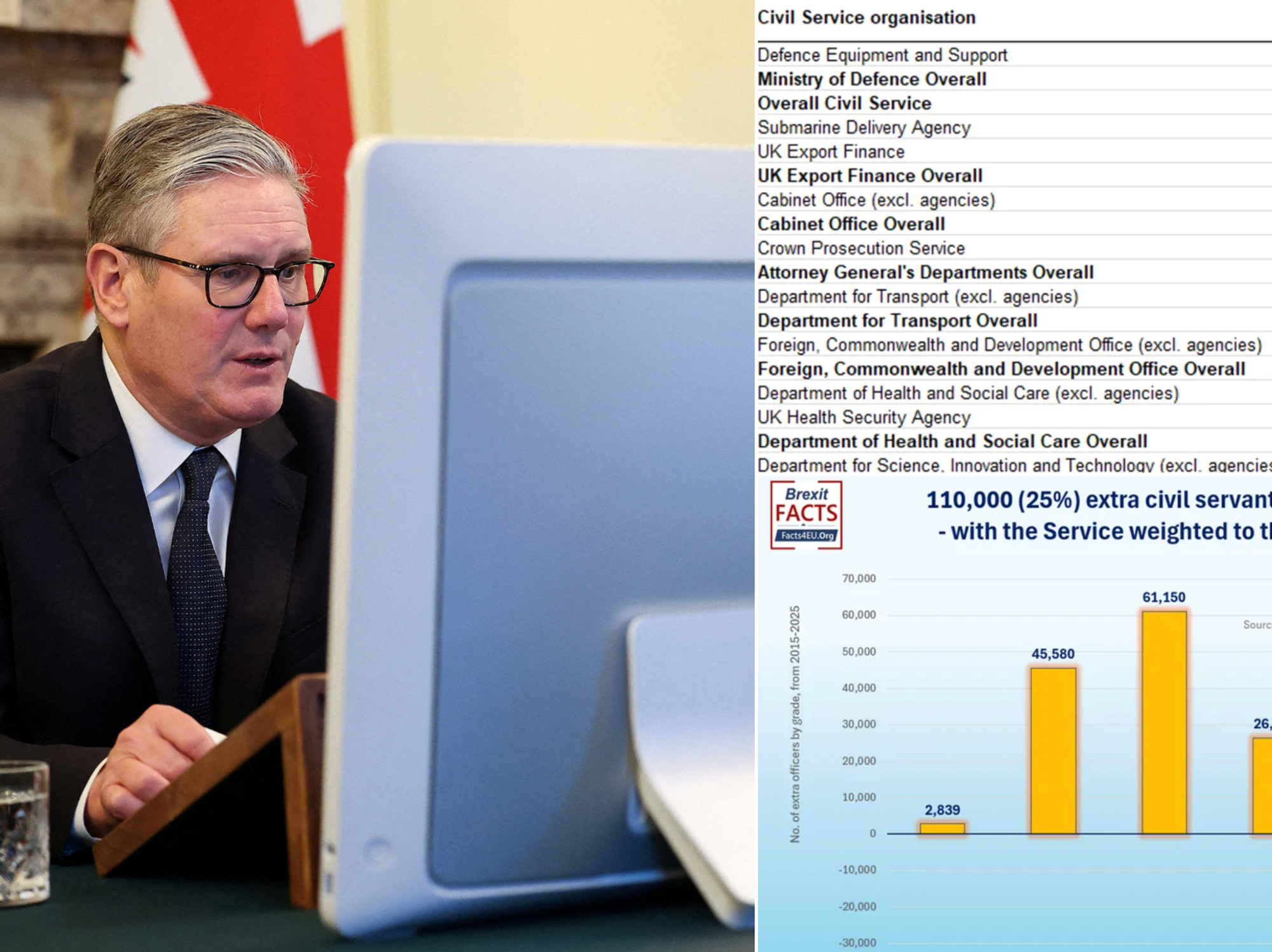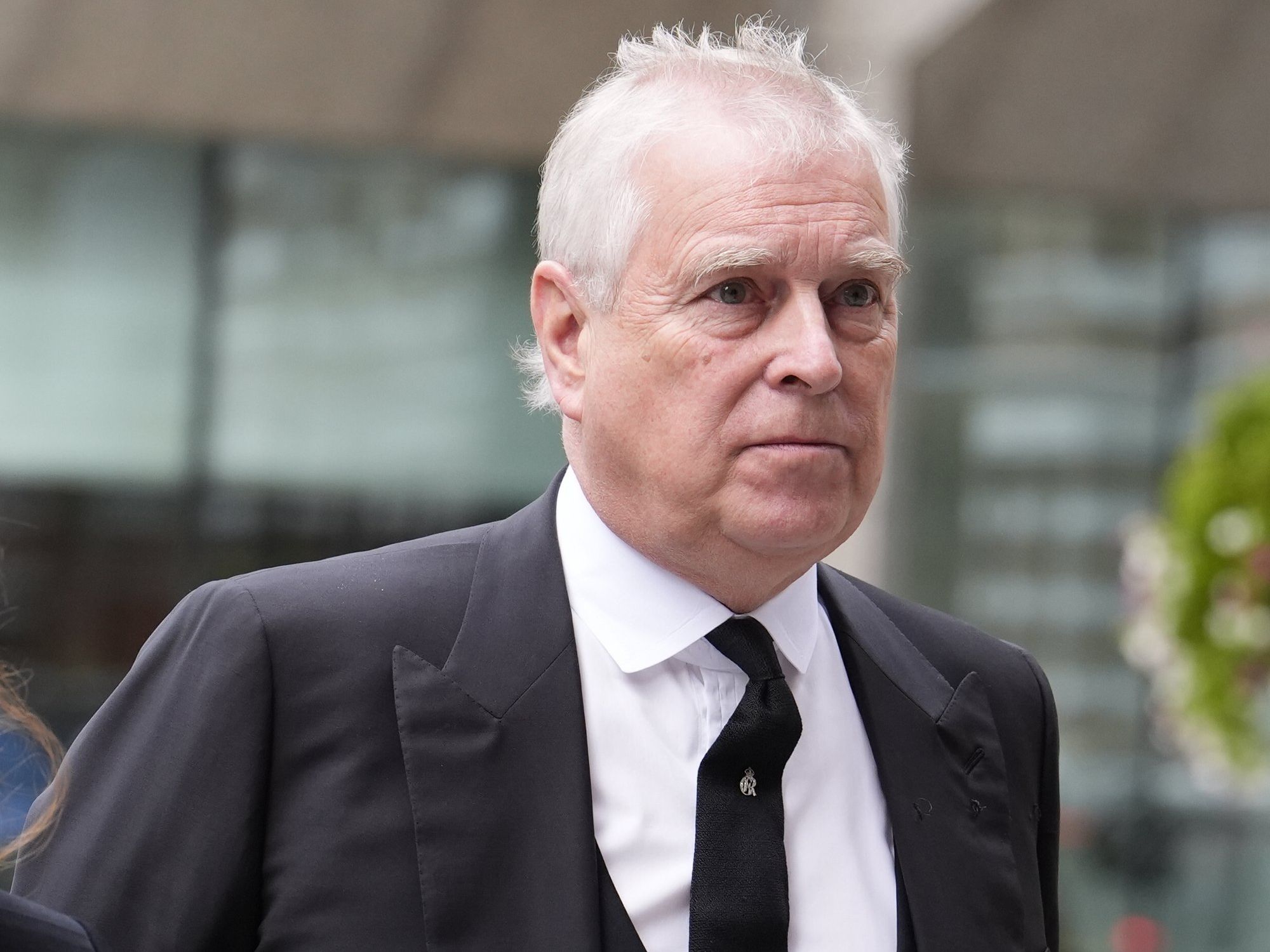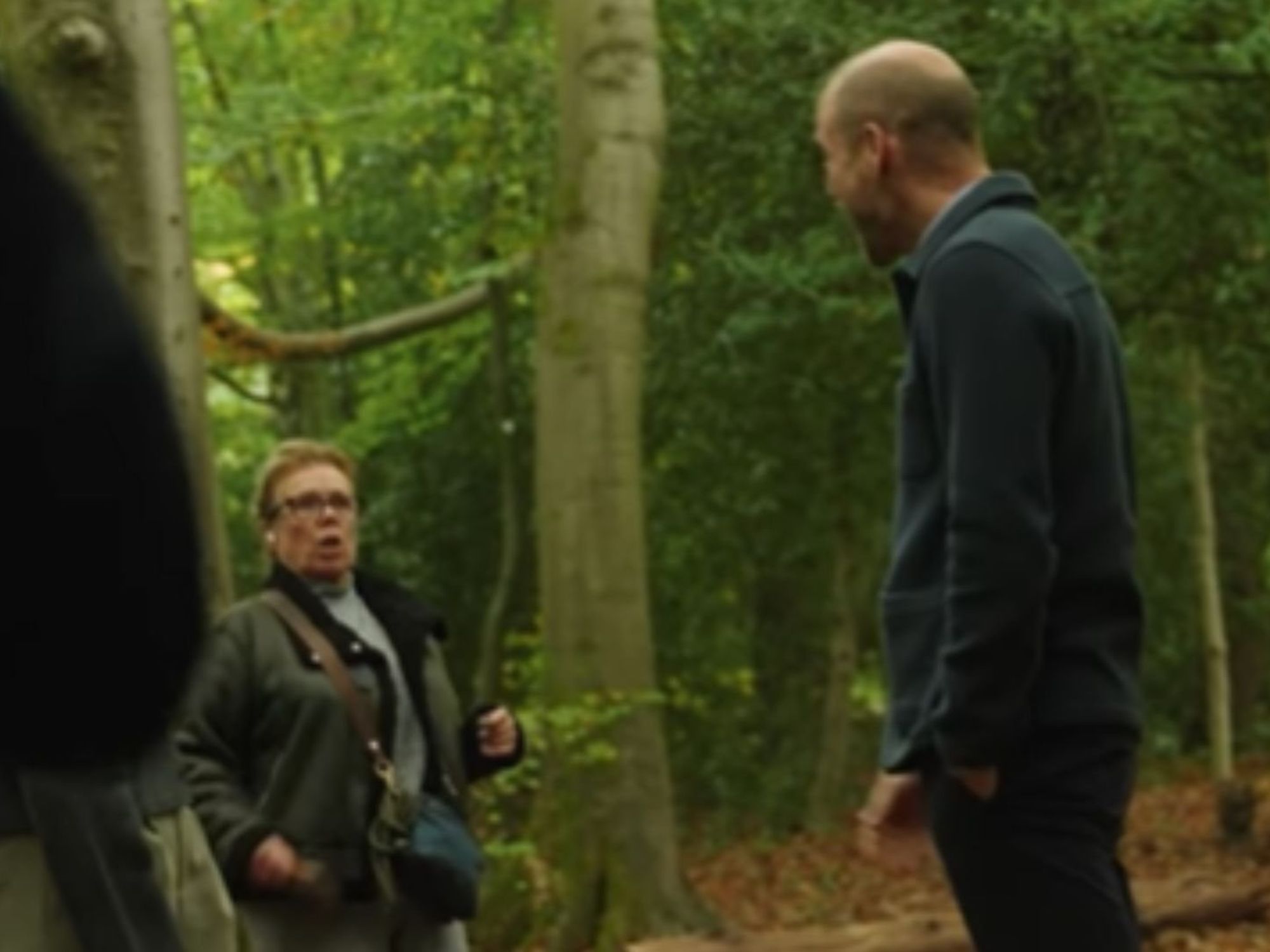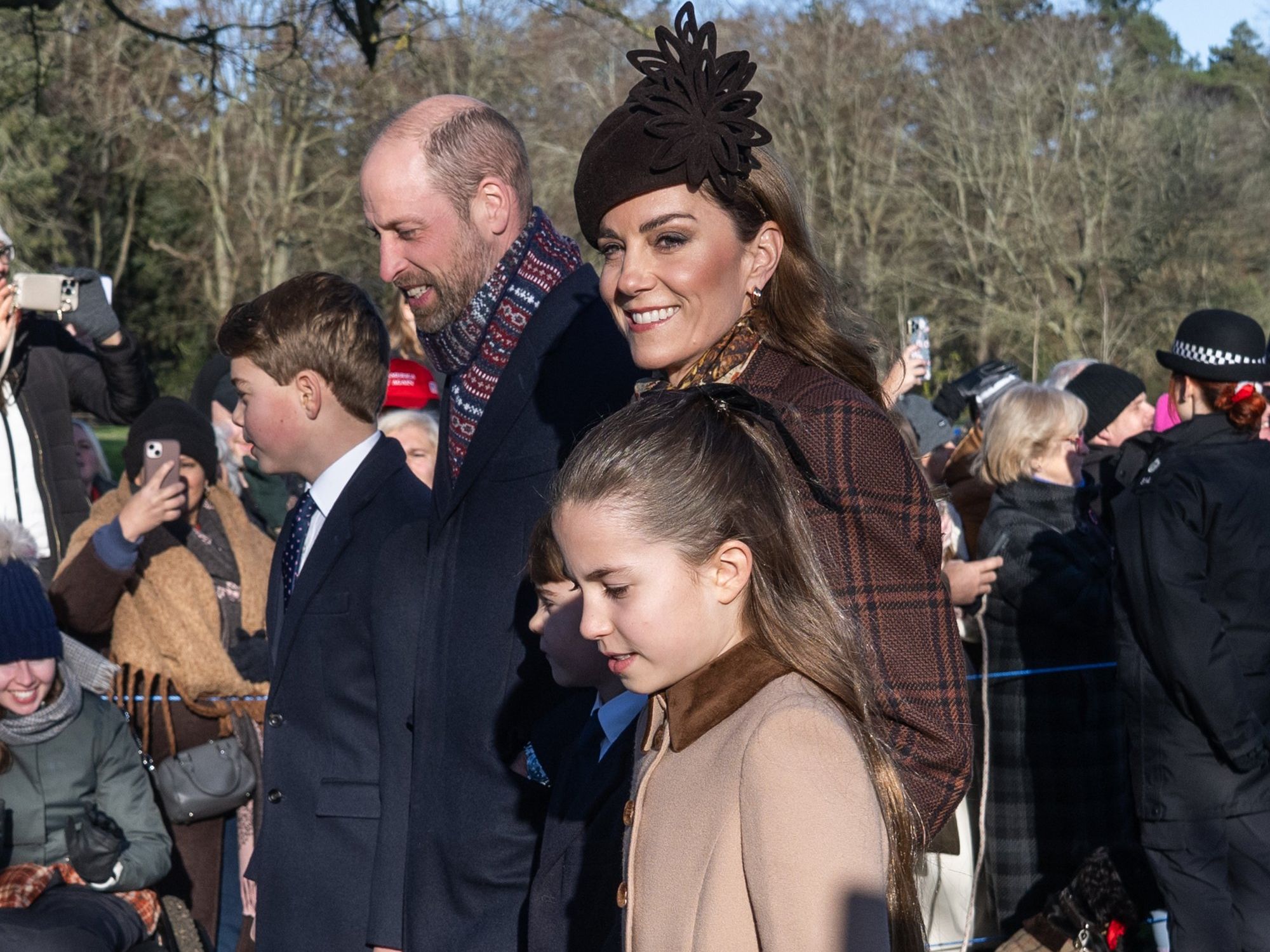Prince Harry shares 'dirty word' in the military that he championed
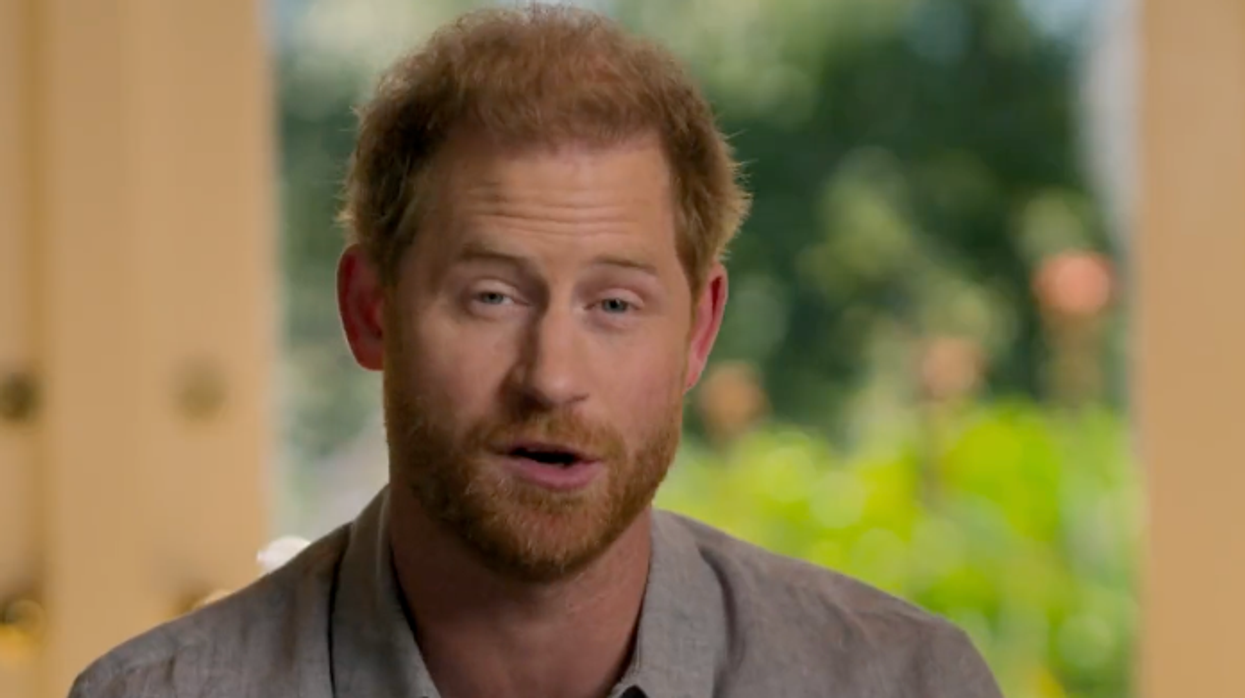
Prince Harry has shared the "dirty word" in the military that he championed.
|Netflix

The Duke of Sussex opens up on his own struggle in the Netflix series
Don't Miss
Most Read
Latest
Prince Harry has shared the "dirty word" in the military that he championed.
The Duke of Sussex's Heart of Invictus documentary has been released on Netflix today.
Harry champions the importance of mental health awareness throughout the five-part limited series.
The royal claimed that when he joined the military, mental illness was considered a dirty word and was a huge stigma.

Harry champions the importance of mental health awareness throughout the five-part limited series.
|PA
The royal said: "When I joined the military mental health, mental illness, was a dirty word.
"One of the things I am most proud of is the work that David Wiseman and I did giving talks to people inside the military.
"We encouraged them to accept that if mental health means mental illness, which it doesn't, but if it does in your mentality then let's just put that to one side and talk about mental fitness.
"If there is a stigma within the military then there will be a stigma within society.
"So if we really want to cure the stigma within society then we have to lead the way."
The Invictus Games is an international multi-sport event for wounded, injured and sick serving military personnel and veterans.
The Netflix documentary follows the 2022 edition of the games which were based in The Hague in the Netherlands.
Prince Harry also opens up about his own struggle in the series.
He said: "I can only speak from my personal experience from my tour of Afghanistan in 2012.
"Somewhere after that there was an unravelling.
"The trigger to me was actually returning from Afghanistan but the stuff that was coming up was from 1997, from the age of 12.
"Losing my mum at such a young age, the trauma I had I was never really aware of."
LATEST DEVELOPMENTS:
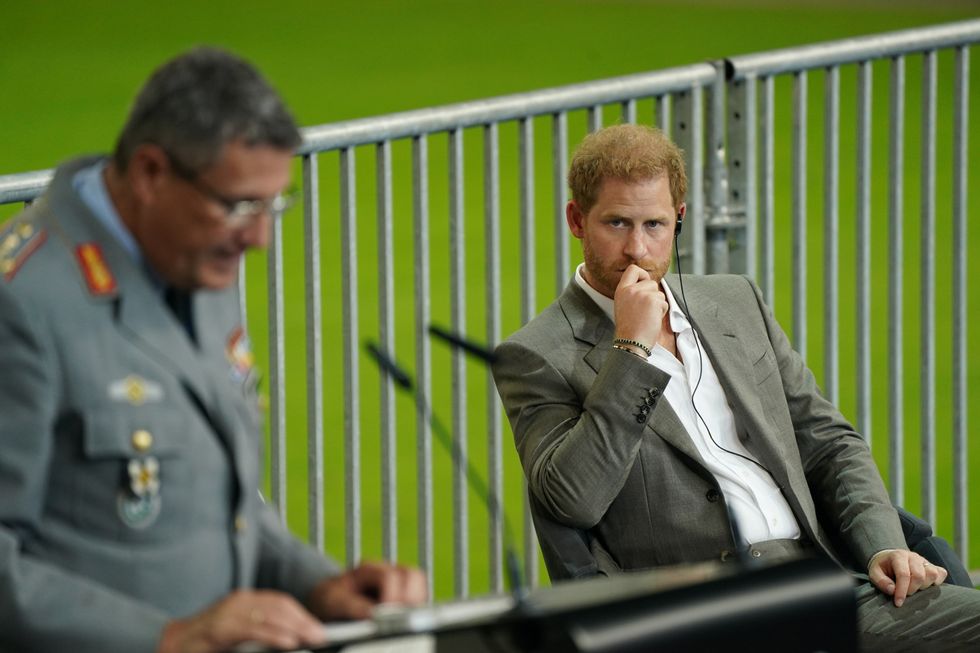
Prince Harry opens up about his own struggle in the series.
|PA
He added: "The biggest struggle for me was that no one around me could really help.
"I did not have that support structure, that network or expert advice to identify what was actually going on with me.
"Unfortunately like most of us, the first time you consider therapy is when you are lying on the floor in the fetal position, probably wishing that you had dealt with some of this stuff previously.
"That is what I want to change."





